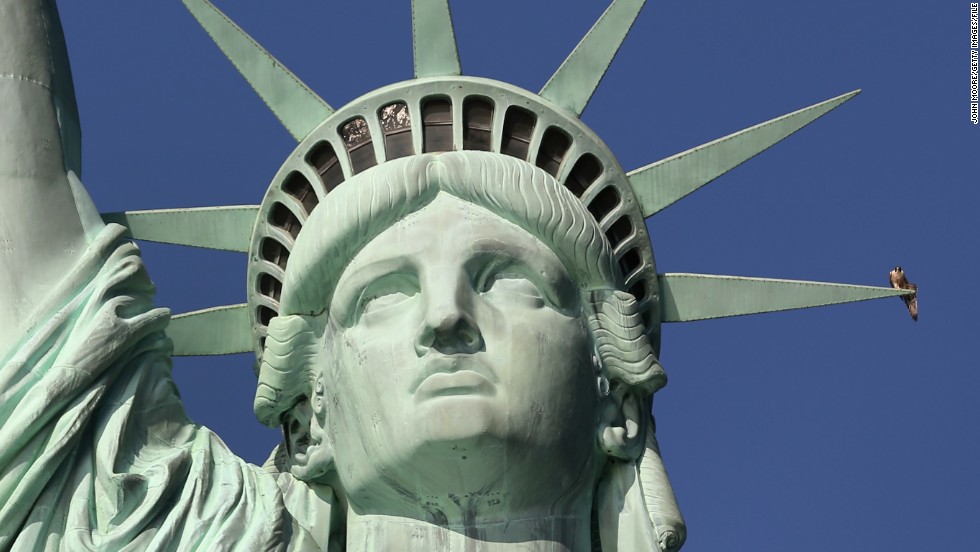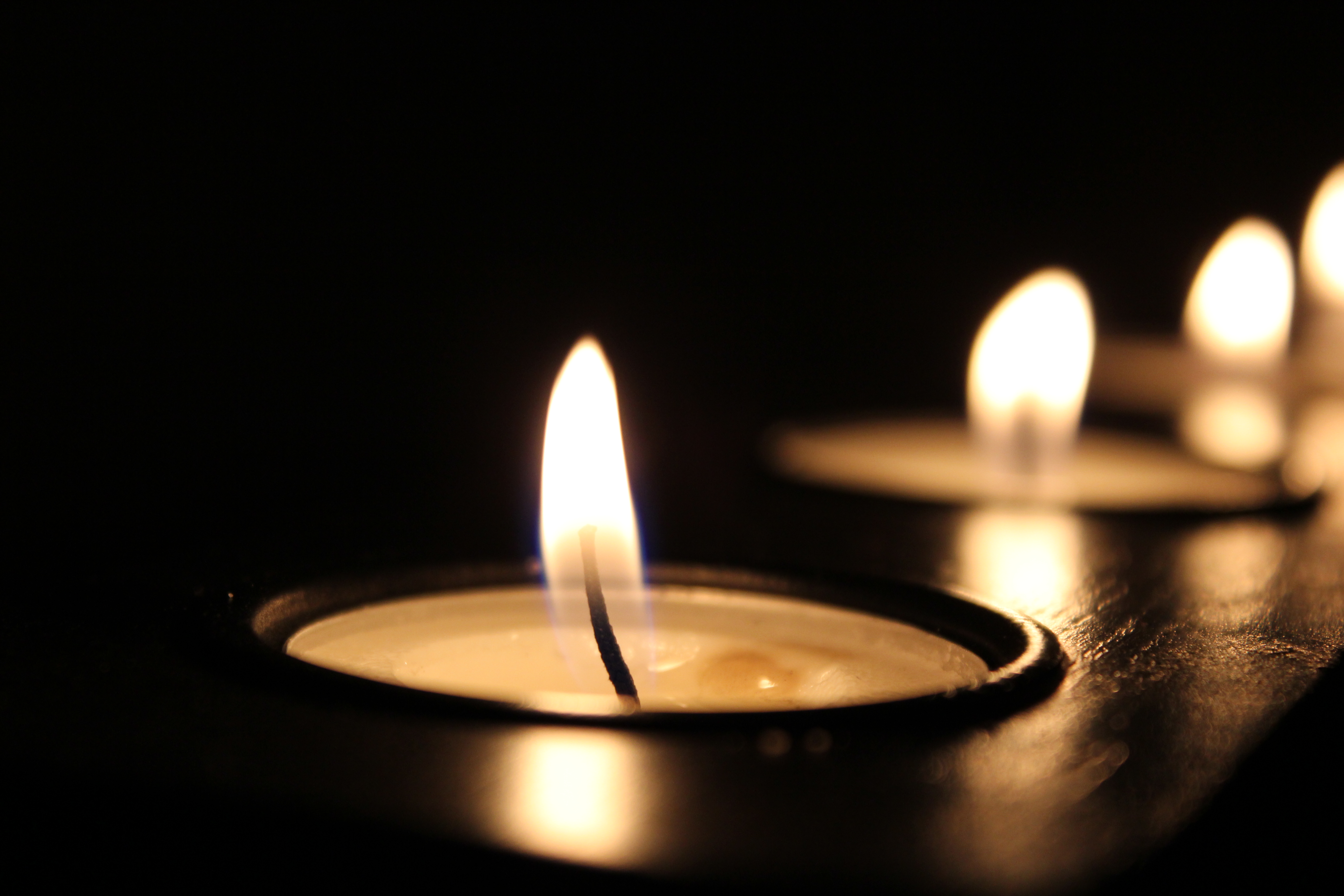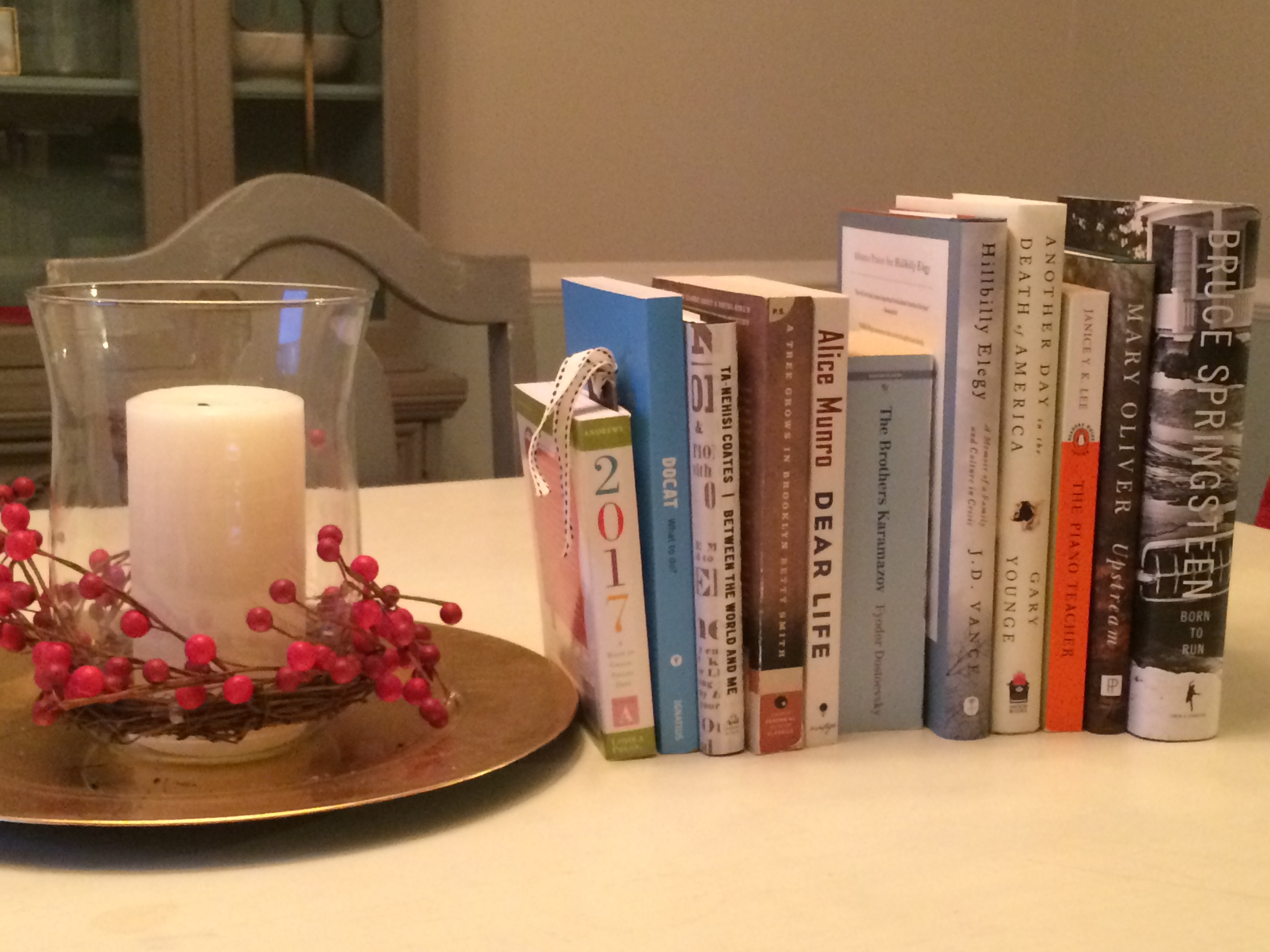I’ll never forget the moment when it “clicked” for me. The moment when I realized that being anti-racist was more than opposing overt racism, and more than sharing MLK Jr. quotes in January and February.
It was in the wake of the Trayvon Martin shooting and the acquittal of his shooter. There were protests, not only in Florida where it happened, but all over the US. Most were peaceful, some included elements of property damage. And I remember sitting in my comfortable home with my children safe beside me, that I was completely confused about why people would smash windows and light things on fire while protesting injustice. It seemed so counter productive and unlikely to inspire compassion on the part of those watching events unfold. It all seemed so raw, angry, and frankly, terrifying to me, a white lady. A white lady who had a masters in social justice, who worked in a majority black school on the south side of Chicago, who considered myself above all that racial stuff. Maybe not.
Yet, at the same time I had begun reading a book of essays from Dr. Martin Luther King Jr. titled, “Why We Can’t Wait”, published in the years before the passage of the Voting Rights Act of 1965. This book includes his famous “Letter From A Birmingham Jail”, but also so much more. As I read this small volume of work by a celebrated American hero, I had to pause at one point to check the publication date. What I was reading was so relevant, so applicable to what I saw on TV in the wake of Trayvon Martin, and since then a host of others, that I had to make sure it was written in 1963 and not 2013.
As I read about societal expectations of black people who stereotyped them negatively (check), brutality or humiliation at the hands of police (check), the silence and indifference of white people, especially Christians, in the face of this injustice (check), I couldn’t help but stop and think to myself, “My God, no wonder they’re so angry. It’s been 50 years and nothing has really changed. I’d be smashing windows too.”
In that instant, it was as though the kaleidoscope held up to my eyes was suddenly, violently jerked and bam! – my entire view was changed. I finally cultivated the empathy that my privilege worked so hard to diminish, and everything was different.
The big takeaway for me from that humbling moment of self-realization is that even those of us who want to be considered white allies in the struggle for racial justice have been marinating in a stew of implicit bias since the moment we first drew breath on this earth. And that can’t be willed or prayed away in one moment, one day, one week. It’s a lifetime’s work of unlearning and re-learning all we knew about the world and our place in it. What’s the best way to do this?
We as white people who care about racial justice, we need to listen to and really hear, black voices. We need to hear them, listen to them, let them make us uncomfortable, and let them teach us.
That’s what “Why We Can’t Wait” started in me — an unlearning that cleared space to learn the things worth knowing. I have challenged myself, and continue to challenge myself to find and hear more voices of more people of color. In light of that challenge, I’ve decided that for the month of February all of my reading will be books written by black authors. I’m challenging myself and also you, dear reader. Will you join me in welcoming more black voices into your life? Will you allow the kaleidoscope to turn just a bit?
So here’s my personal February book list:
Jesmyn Ward – Men We Reaped
Chimamanda Ngozi Adiche – We Should All Be Feminists
Octavia E. Butler — Parable of the Sower
James Baldwin – The Fire Next Time
I’m going to re-read a few essays from Why We Can’t Wait, but included the link to it below.
There are so many wonderful books by black authors. So many. I literally went to my local library and Barnes and Noble to find some, and I wasn’t disappointed. Here’s a list, by no means exhaustive, of books written by people of color. Roughly arranged by genre.
History:
Kareen Abdul-Jabar – Black Profiles in Courage
Ed. Devon Carbado and Donald Weise – The Long Walk to Freedom: Runaway Slave Narratives
Ibram X. Kendi – Stamped From the Beginning: The Definitive History of Racist Ideas in America
Remembering Jim Crow: African Americans Tell About Life in the Segregated South — Edited by Chafe, Gavins, and Korstad
Isabel Wilkerson – The Warmth of Other Suns: The Epic Story of America’s Great Migration
W.E.B. DuBois – The Souls of Black Folk
Margot Lee Shetterly – Hidden Figures: The American Dream and the Untold Story of the Black Women Mathematicians Who Helped Win the Space Race
Social Commentary:
LeAlan Jones and Lloyd Newman – Our America: Life and Death on the South Side of Chicago
Edited by Jesmyn Ward — The Fire This Time: A New Generation Speaks about Race
Michelle Alexander – The New Jim Crow: Mass Incarceration in the Age of Colorblindness
Ta-Nehisi Coates – Between the World and Me
James Baldwin – The Fire Next Time
Carol Anderson – White Rage: The Unspoken Truth of Our Racial Divide
Bryan Stevenson – Just Mercy: A Story of Justice and Redemption
bell hooks – Killing Rage: Ending Racism
Martin Luther King Jr. – Why We Can’t Wait
Fiction:
Richard Wright – Native Son
Ralph Ellison – Invisible Man
Zora Neale Hurston – Their Eyes Were Watching God
Edward P Jones – The Known World
Maya Angelou – I Know Why the Caged Bird Sings (or anything, really. Really. Anything.)
Octavia E Butler – Kindred
Chimamanda Ngozi Adiche – Americanah
The Collected Poems of Langston Hughes
Jacqueline Woodson – Brown Girl Dreaming
I hope you’ll find something from this list that speaks to you, and I’d love to hear about books or stories from people of color that have influenced the way you see the world. Happy Reading!












